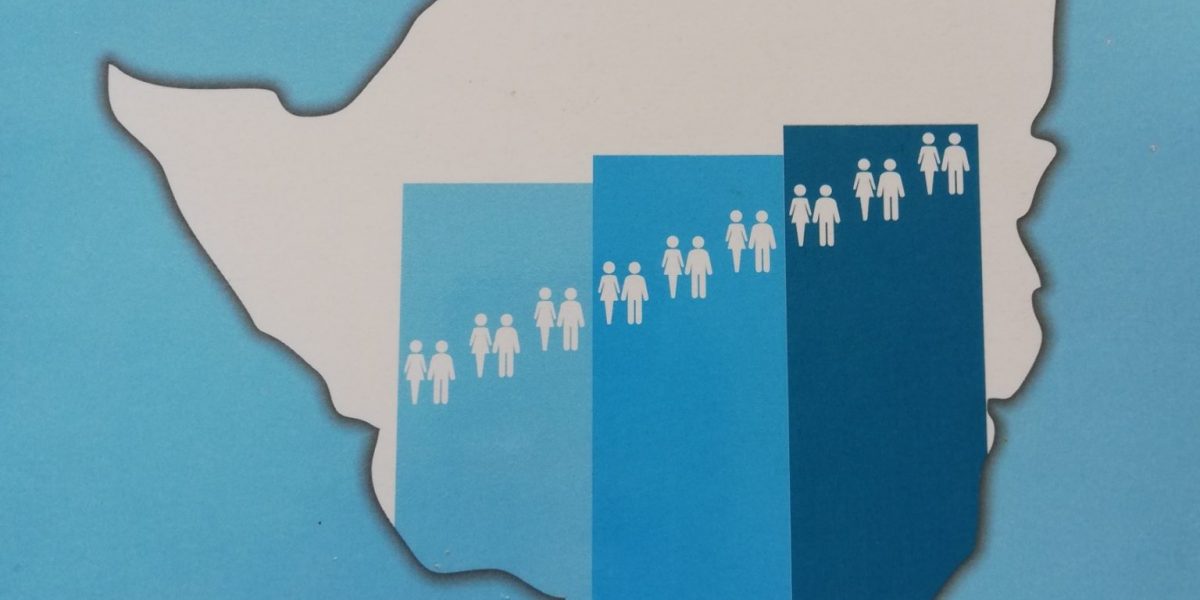ZIMBABWE will carry out a census between April 21 and 30 this year and the Zimbabwe National Statistics Agency (ZimStats) has already embarked on a company to encourage citizens to cooperate during the enumeration.
The census, which is held once in 10 years, is crucial and does more than counting the population. It is important for economic planning, hence the need for full participation of citizens.
Population census makes it possible for the government to make a comparison between different groups of people across the country. It gives information about parts of the country that need the government’s help and funding the most and which ones need the least. Census data on residential mobility provides a better understanding of spatial differences and changes in the socio-economic status of residents.
National and regional population data obtained from censuses play an essential role in estimating the environmental impact of population growth, use of water, land and other resources.
A census also provides information about the religions in a country. When talking about a language, censuses help to estimate the number of communities in the region and the languages spoken therein. The data obtained can also serve a reason for making a second widely spoken language the second official language in the country. Another importance of a population census is related to resource distribution.
The country’s first census was in 1982.
According to ZimStats, it is currently conducting roadshows throughout the country in all the provinces to conscientious the citizens, educating people on the importance of the census and the target groups.
“For this census we are counting people who will be within Zimbabwe’s borders from April 20 and 21. We are distributing pamphlets and educating citizens why they need to cooperate. The government and researchers use those statistics which help in the development of the country. We do not want to miss anyone that is why we are using this sensitisation programme. We also want to avoid over and under counting. That is why we are emphasising on census night. People are aware of the census although most of them think it is about counting the number of heads per household.
“There are more issues that are looked at which we are educating them about. We have several modules in the census questionnaire, including education level, employment status, housing characteristics, type of house building material, type of amenities such as water. The census will also be used to estimate the number of immigrants in the diaspora. That is why we are educating people so that they know there are many issues to cover,” ZimStats said recently.
There is a need to gather the information efficiently by using modern information communication technologies (ICTs). Processing of data should also be done through ICTs.




